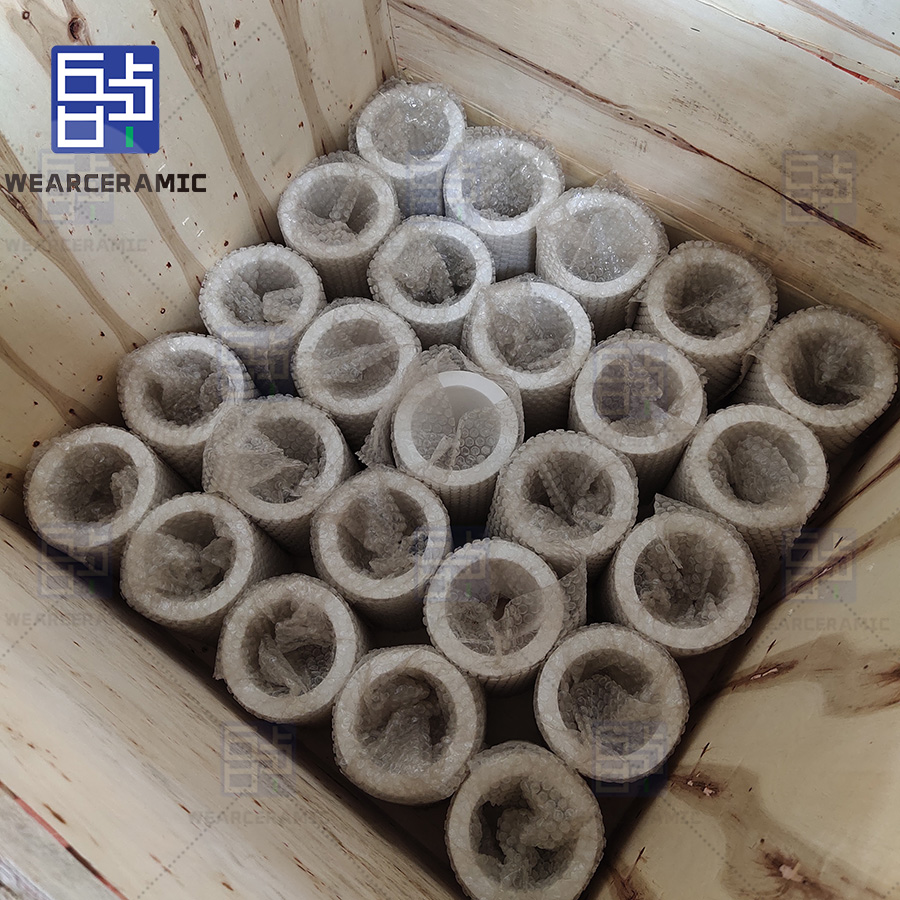Views: 0 Author: Site Editor Publish Time: 2024-12-23 Origin: Site
Our Korean customer has ordered further ceramic tubes, which are widely used in the lithium battery industry. Why are ceramic tubes perfect for this industry?
Firstly, it is important to understand that ceramic tubes are made from high purity aluminium oxide and they have excellent mechanical and thermal properties. These materials have a high degree of hardness and toughness, allowing them to withstand the wear and tear of repeated use in lithium battery manufacturing.
Ceramic tubes have excellent chemical resistance compared to other materials. They are highly resistant to corrosion, heat and alkalis, making them suitable for use in harsh chemical environments. This is particularly important in the lithium battery industry, where the production process involves the use of corrosive and alkaline solutions.
Ceramic tubes have excellent thermal stability, which is critical in high temperature applications. They can withstand high temperatures without degrading or cracking. This characteristic ensures that the lithium battery manufacturing process runs smoothly and efficiently without interruption due to tube failure.
When it comes to wear resistance specifically, ceramic tubes are unrivalled. They have a low wear rate, even under harsh operating conditions. This means that compared to other materials, ceramic tubes have a longer service life, which reduces the frequency of replacement and thus saves money.

Finally, ceramic tubes are environmentally friendly; they do not emit harmful substances during use, contributing to sustainable development.
Ceramic tubes are well suited for the lithium battery industry, mainly because of their wear-resistant properties. They are durable, heat-resistant, chemically stable and environmentally friendly, making them a cost-effective and sustainable solution for manufacturing lithium batteries.